Rio 2016: Fiji coach Ben Ryan leading a rugby-mad nation
- Published
- comments
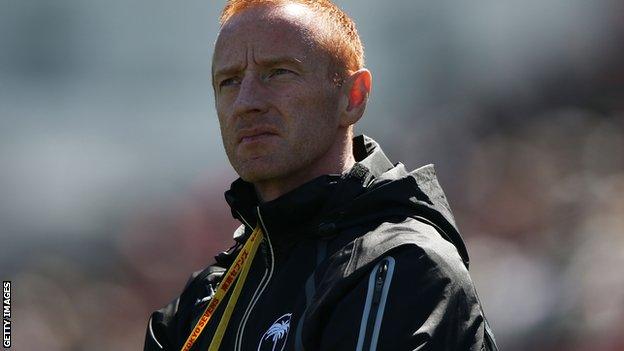
Ben Ryan is a former England Sevens coach and moved to Fiji in 2013
He's been immortalized in song and had babies named after him, but few people in Ben Ryan's native England would recognise him in the street.
Ten thousand miles away, though, in his adopted home of Fiji, his status is more similar to that of David Beckham.
"There aren't too many gingers on the island so it's hard to avoid being spotted," says Ryan.
"I can't really go for a quiet beer. If I visit the capital, Suva, I'll have to take a couple of hundred photos, every village knows my car now when I drive past and the people come out shouting and waving."
The reason for the Londoner's popularity in Fiji is that he is the coach of the national rugby sevens team - and the most successful one the country's ever had.
He has guided them to the both the 2015 and 2016 Sevens World Series titles and he will also lead the team at this summer's Rio Olympics, where rugby sevens will make its debut.
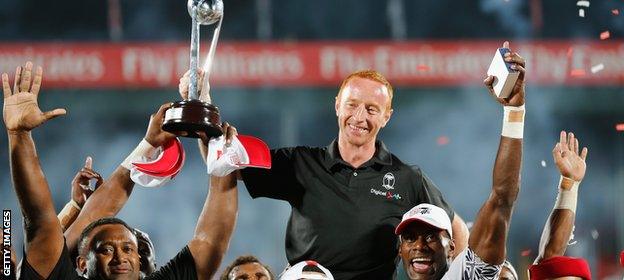
Ryan led Fiji to the 2015 Sevens World Series title - and could wrap up another championship at Twickenham this weekend
And, for a country that has won the Sevens World Cup twice and the prestigious Hong Kong Sevens a record 16 times, hopes of a first ever Olympic medal are sky high.
"Suddenly we have a sport in the Games where we do get a lot of global success," said Ryan.
"The entire nation has already gone crazy about the road to gold.
"The people are very proud of their rugby teams and the boys do come from the people: they're unemployed, prison guards, army officers, hotel porters.
"So there's a real attachment to the group and the whole country will feel a collective pride. You can't bottle that.
"There's a chance we'll be in an Olympic final doing our best for a gold medal."
The sport is not quite at the elevation of a religion in the devout, God-fearing archipelago, but it is not too far behind.
"It's something that binds villages together," explains Ryan. "Everyone plays a random form of sevens in the villages before school and after work.
"Men, women and children play together - never with a rugby ball - but using coconuts or plastic bottles filled with sand."
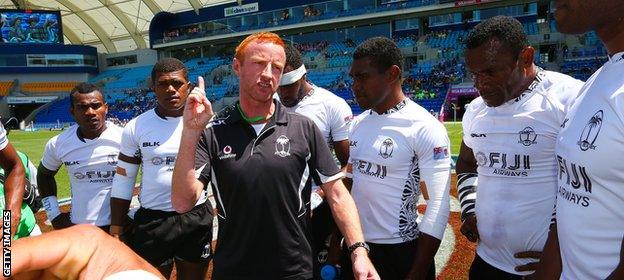
Ryan has been Fiji coach since 2013
Ryan believes this passion, as well as year-round competitions and the natural athleticism of the Pacific islanders accounts for the nation's prowess, adding: "I've seen teams of villagers beating visiting international sides like Argentina and France."
The 44-year-old has called Fiji 'home' since 2013 after he left his post as England's sevens coach. In that role he had coached England to its first Sevens World Cup final in 20 years.
And, while living and working on a tropical island may sound like an obvious welcome change, it's not the only refreshing aspect of Fiji life.
"I've had a revival in my coaching. From falling out of love with rugby when I left England I'm very much in love with the game now," he said.
"It's polar opposites to the corridors of the Rugby Football Union where everything's regulated.
"I would be told if the players had spent too much time on the field and what music to play in the changing room for optimal motivation levels.
"In Fiji we train them until they can't run anymore.
"They eat brown coconuts before training and green ones afterwards.
"If I went back to a country with lots of money, I'd strip their programme down to the basics."
But Ryan's Pacific adventure has not been all success and sun-kissed beaches.
When he first arrived he worked for several months unpaid as his employers ran into financial difficulties, and then in February this year the strongest cyclone ever to hit Fiji devastated the country - killing more than 40 people and flattening communities.
Despite that, the sevens team have continued to shine and are on course to retain their Sevens World Series crown and also challenge for Olympic honours.
And Ryan feels the spirit among his team is worth more than the resources of other countries who can augment their squads in Rio with global XV-a-side stars such as Sonny Bill Williams, Bryan Habana and Bernard Foley.
"We certainly can win," said Ryan.
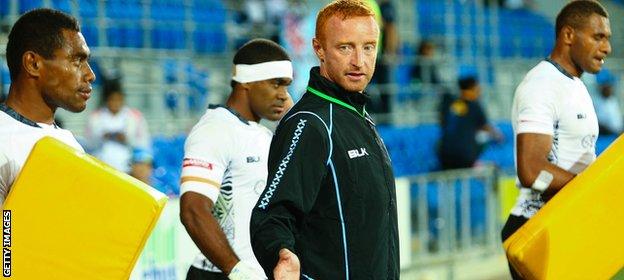
Ryan was a scrum-half for Cambridge University, winning two Varsity matches
"New Zealand, South Africa and Australia are bringing in very well paid overseas professionals but we're picking the boys from the villages and we're using that as a real strength.
"The fact that they have no money and the fact that this will turn them into household names forevermore in Fiji is driving the team.
"The negative of not having any money can really be flipped on its head for us into a positive.
"If we're going to win a gold medal it's not going to be because of money - but because of heart and ability and the local boys from the villages doing their thing."
After their 2015 Sevens World Series success the nation had a week of public holiday as celebration. What, then, if his team could bring home a first Olympic gold medal for the nation?
"The boys will be given houses and pieces of land; ministerial positions; jobs for life.
"They'll start a legacy. We have a younger generation of sportsmen and women who are incredibly talented and rugby might just get the ball rolling for other sports as well.
"We might even have some future track athletes, or netball stars, soccer players or American football players who come from the Pacific.
"It's a wonderful time for Fiji. We've got one of the best sevens side's the country's ever had and I'm lucky I've been part of it."
- Published21 May 2016
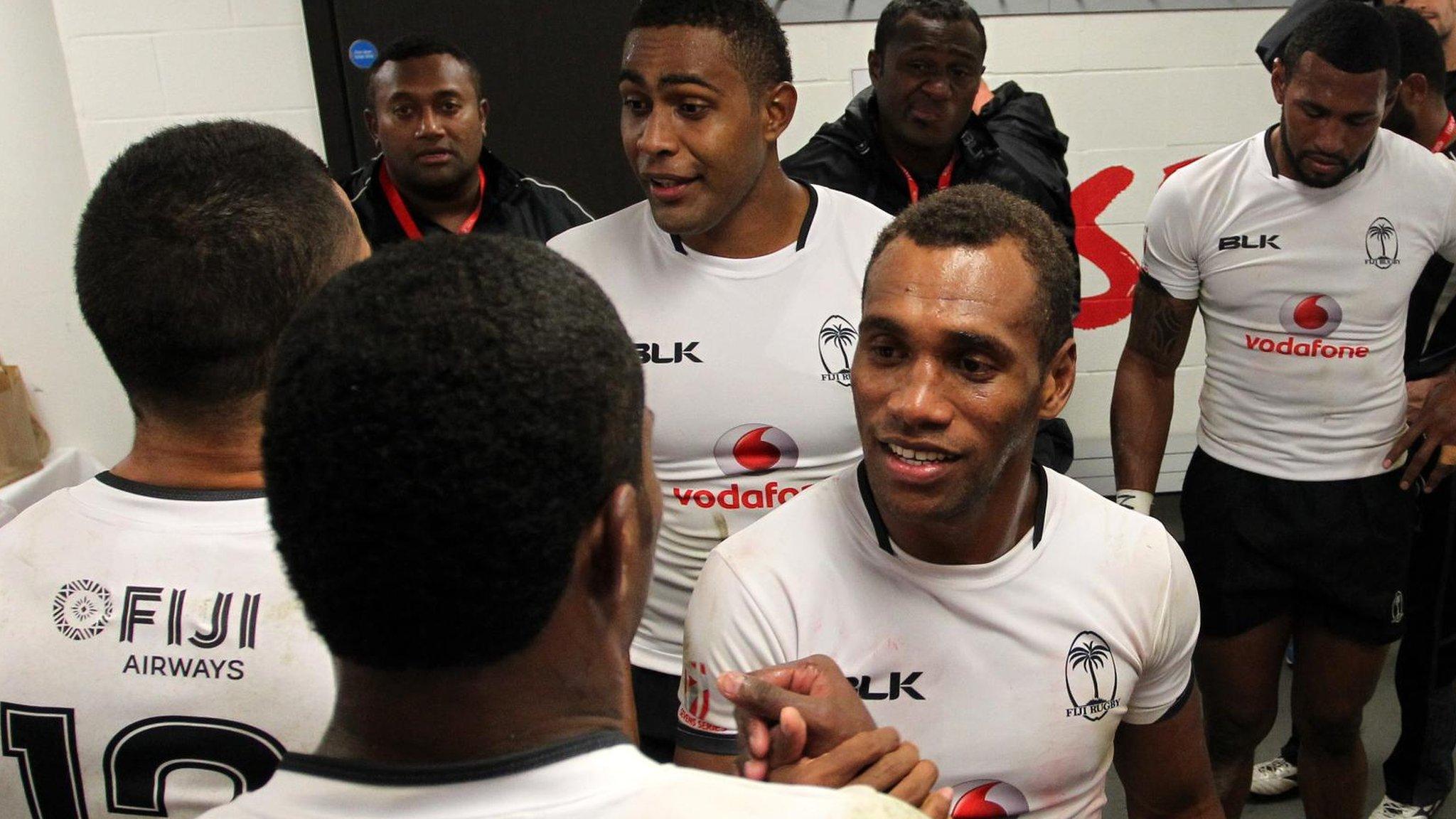
- Published20 May 2016
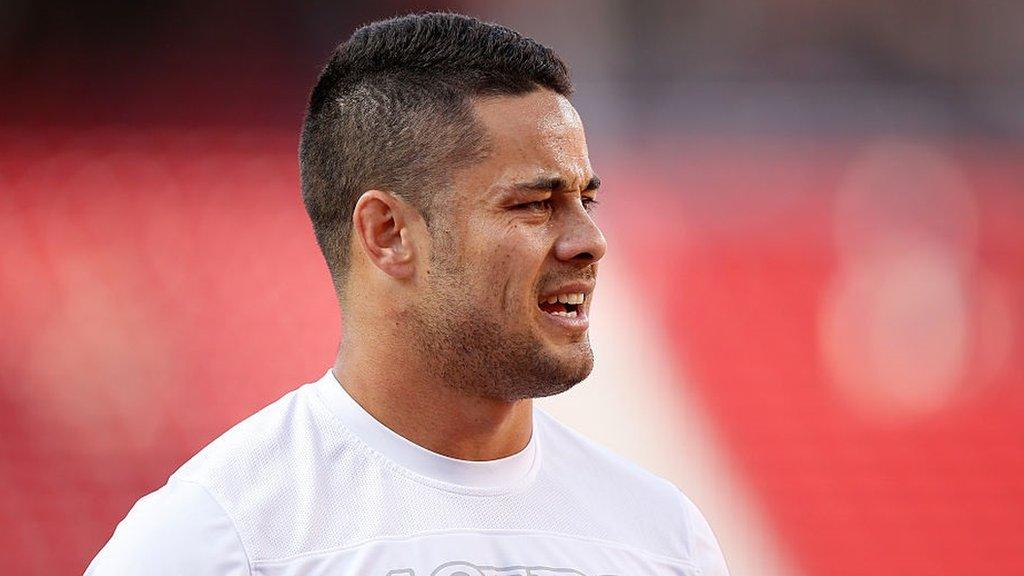
- Published16 May 2016
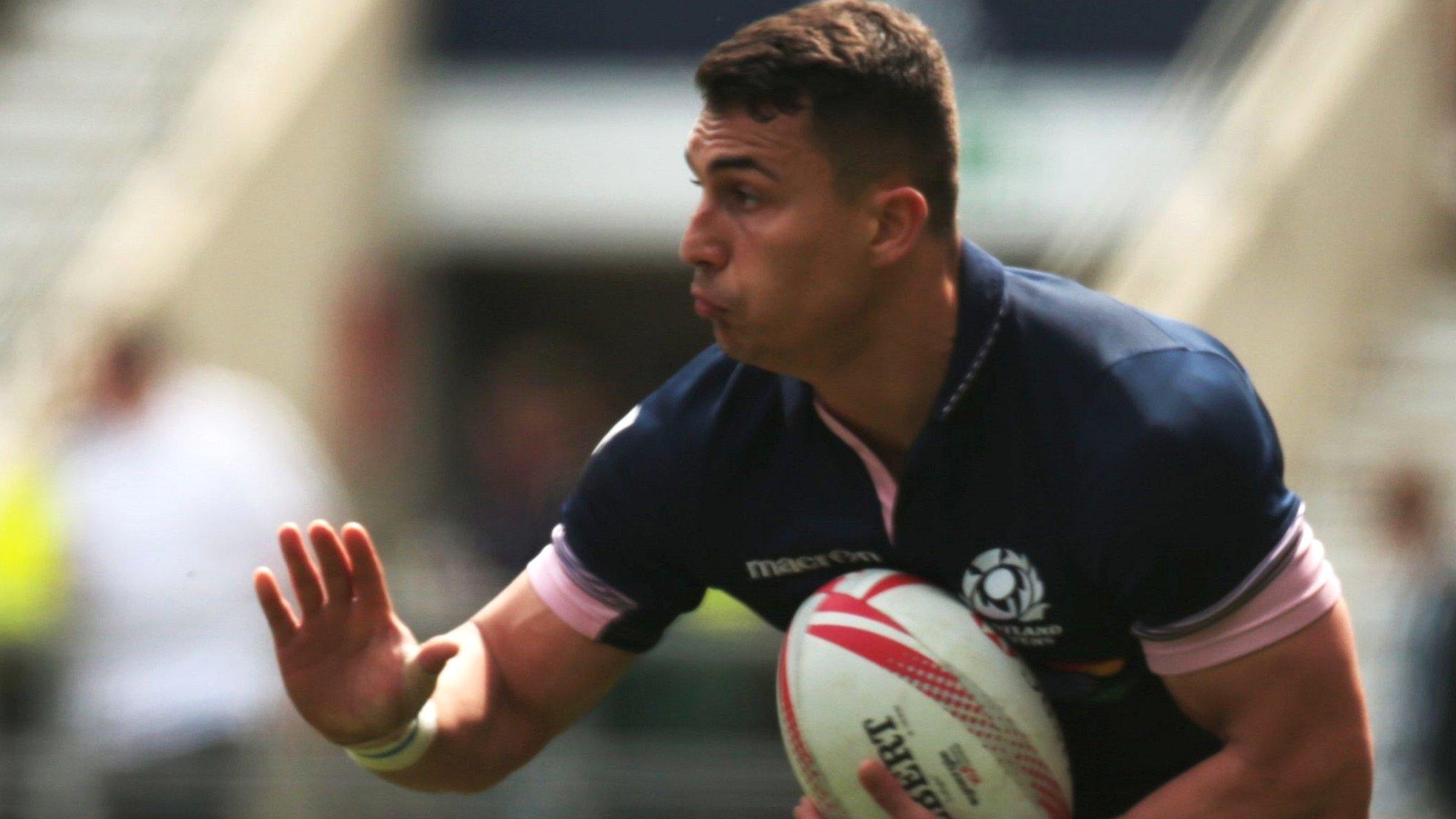
- Published19 July 2016
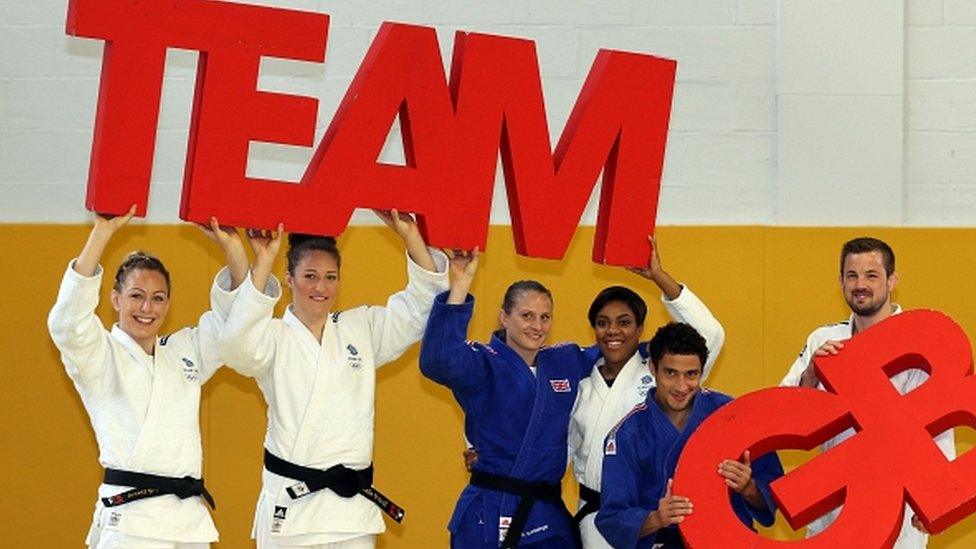
- Published19 July 2016
